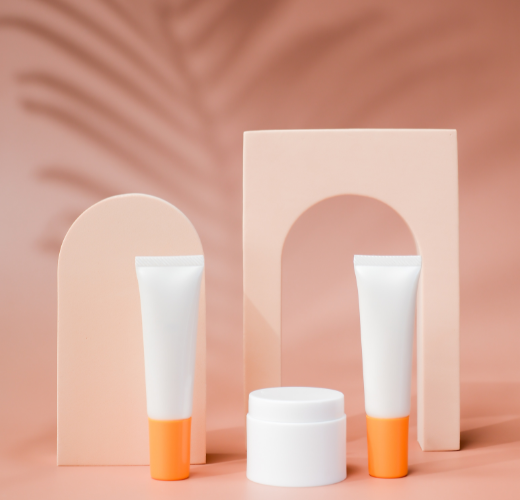The Latest News in Acne Treatment

According to the American Academy of Dermatology (AAD), acne is the most common skin condition in the United States and affects more than 50 million Americans annually—at every stage of life. Although we have plenty of ingredients that have proven to be safe and effective for decades, I’m particularly interested in other anti-acne approaches that also have scientific support—although they may not be part of the mainstream just yet.
The link between acne and dairy
Several studies have established a link between excess dairy consumption and acne. Two Harvard studies found that two or more milk servings a day contributed to an approximately 20% chance of acne breakouts as compared to those who avoided milk. Check out this article from The Beet (which I happened to be quoted in!)
The role of spironolactone
Dermatologists have been turning to this blood-pressure drug for its off-label acne benefits since it has been found to reduce the effects that testosterone has on acne and the skin. This synthetic drug is highly effective in select patients, but it requires ongoing blood tests to monitor potassium levels. I’m a big fan of a naturally-derived, plant-based compound that mimics the effects of spironolactone called DIM. I have several patients who have seen significant skin improvement while taking 200mg of this supplement daily, but just be sure to run this by me or your PCP before you start taking it.
The skin-gut connection
Yes, what you eat definitely effects the state of your skin, and I’m not talking about French fries or chocolate. (These claims have been disproved since the initial studies came out in the mid-1900s.) More recent and reliable research has established a connection between increased fiber intake and less acne. Although some of us are weary of excess carbs, it’s important to feed your body good carbs like legumes, quinoa, oats and chia seeds in addition to plenty of fruits and vegetables. Don’t underestimate the benefits that a diverse, fiber-rich, plant-based diet filled with fruits and vegetables can have on your complexion as well as your digestive system, cardiovascular health and more!


